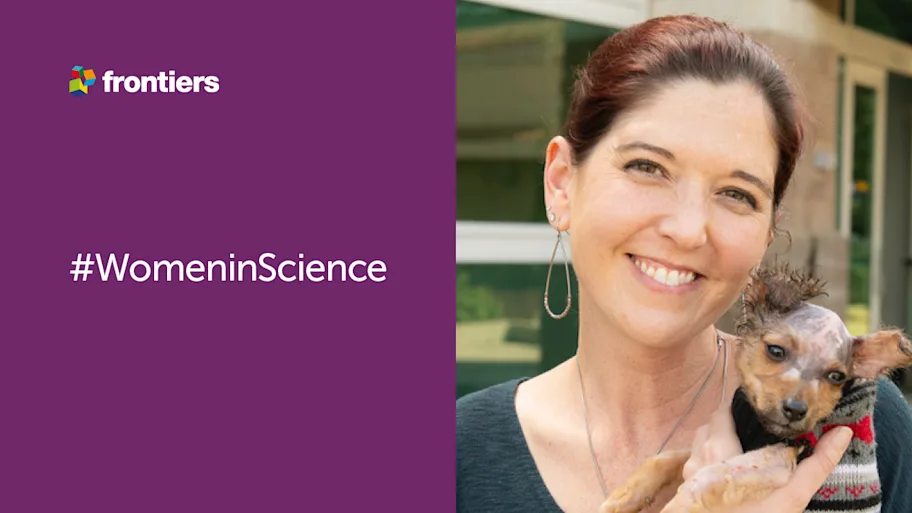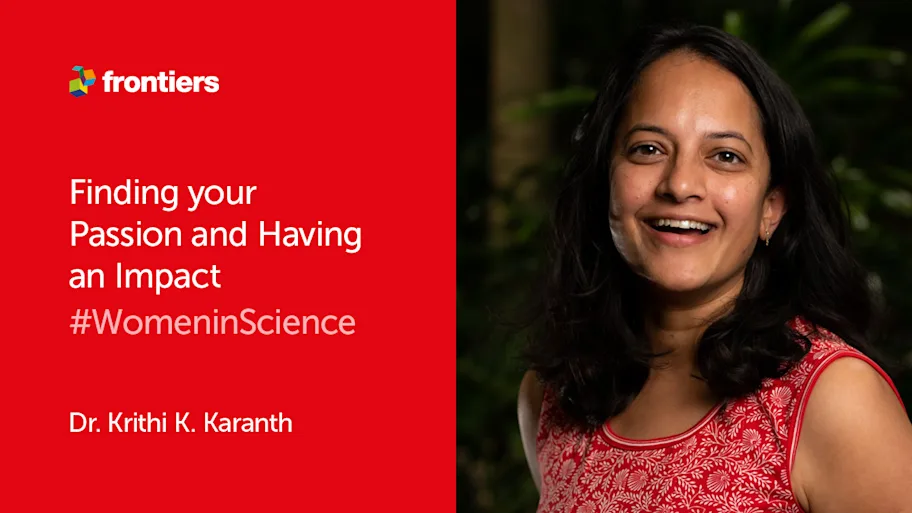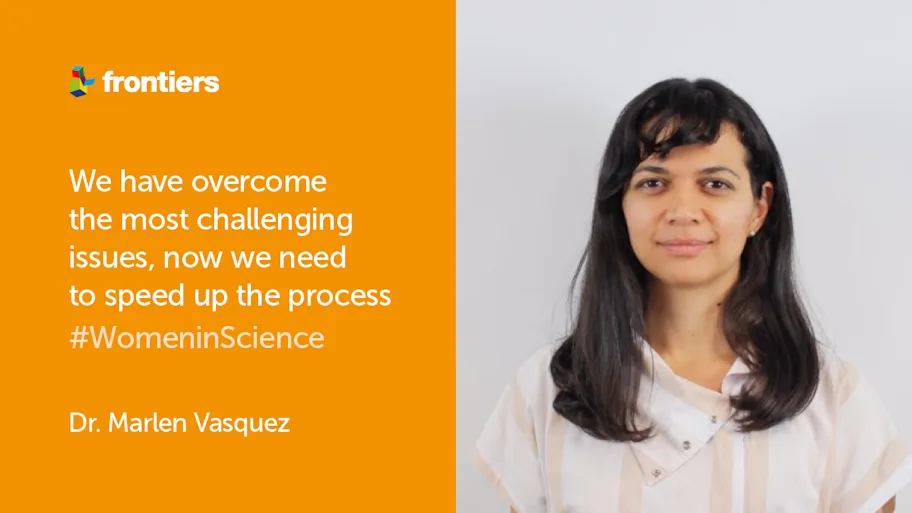
- Science news
- Frontiers news
- Dr. Lynette Hart – Be open-minded and resourceful: insights from the life of an Animal Behaviorist #WomeninScience
Dr. Lynette Hart – Be open-minded and resourceful: insights from the life of an Animal Behaviorist #WomeninScience
Author: Emma Phipps, Journal Specialist
This week, we speak to Dr. Lynette Hart, Professor at UC Davis. Dr. Hart's research primarily focuses on human-animal interactions, an interest which stemmed from her passion for animal behavior and has taken her all over the world. We discussed her impressive career and the importance of always keeping an eye out for new opportunities.

How did you become an established female scientist in your field?
“I went to college always knowing that I would get an advanced degree, but not having an idea of what area. I thought science was pretty challenging and I really enjoyed it so I majored in chemistry. I didn’t have any financial support, so I had to focus on wrapping things up quickly if possible and making things work. I had a conversation with one of my classmates in chemistry who was shifting into teaching and thought that sounded good, so that’s what I did; I was able to finish very expeditiously and started teaching science in California. At the same time, I would commute a little over an hour to UC Berkeley and whittle away at a Masters degree with the idea of becoming a school psychologist. One summer, there was a new course by Gerald McClearn who is one of the founders of behavioral genetics. The whole scientific process of studying animal behavior was intoxicating to me, so I decided that when I got a PhD, it had to be in behavior. Meanwhile, I continued teaching and eventually taught 8th grade school for five years. I’ve always tried to keep a connection with what I did earlier, so it became a strength later on that I had this background in education.”
“I then moved to New Jersey and started looking for opportunities to study behaviour. It wasn’t really an established discipline in universities at the time, but there was a new professor at Rutgers who was just starting his lab. I dusted off some references from my Berkley work and was able to get admitted. I had young children at the time, but he was very adaptable in the way I scheduled things, so it worked out very well. Then, moving to California, the timing was really on my side because people were just beginning to talk about human-animal interactions. Pretty quickly I got an adjunct appointment, and in 1985 started teaching the class that I have been teaching ever since. It was really touch and go with bits of money from pet food companies and grants for quite a few years, but I really liked what I was doing.”
“From about 1985, Ben (veterinarian and Lynette’s husband) and I started going to Africa, and on our first trip together we went to study Topi in Rwanda. We had a six-month sabbatical in Rwanda and Kenya, then after that had a pattern for many years of going to Africa. We could be gone for six weeks in the summer to do this research, but the two of us couldn’t collect that much data in six weeks so we recruited participants using the UC Research Expeditions Program. We would rent four jeeps which participants could take out into the field and we would quickly train them to do 10-20 minute observations on animals. So it was a different approach towards resourcefulness which required having an open mind about new ways of doing things that weren’t so conventional. What I would say is important is to have a good scrutiny of your resources; what do you have to work with, where are your degrees of freedom that you can exploit? It was very much a bottom-up process, because there was never a department saying ‘here’s an academic position for you and some funding and we want you to develop this field’, that wasn’t how the field was growing.”
Did you face many challenges in that time?
“Through the years I’ve faced a lot of different challenges. Having to lay people off because you don’t have funding for example is really painful. Also, Ben was a major pioneer at the vet school so in my early years some people would credit my work to him, it was comical! There were challenges, but in the general scheme of things I was able to keep progressing, and I’m pretty adaptable in looking for the way forward so it worked out fine.”
Do or did you find it difficult to balance work and home life?
“I think my children would say I worked too much. It’s what Ben and I do for fun, that’s what we talk about. My daughter would say, can’t you talk about something else other than animal behavior at the dinner table? Now she might have a positive view of it because she can see that we are both still so engaged. We have so many connections from around the world with other scholars and we collaborate with such an array of young people, how lucky is that? I hear about the struggles of other people my age, and that’s just a different world to mine. Ben had a serious stroke a year ago but he had a phenomenal recovery with optimal therapy, so with COVID it’s given us time to collaborate more and for me to be with him all the time which is important for his recovery. One benefit of this kind of arrangement is that, because we have four children together, we were able to take each of them on a major international exotic trip, so the children benefitted from that exposure and they got an international experience of living.”
What advice would you give to young female scientists?
“I still believe in following your passion, but you have to be realistic about it. Lots of people love giraffes like I do but who’s going to pay me to study giraffes? Probably no one. So, find a way to move in the direction of what you’re really passionate about, because having that excitement about something that really interests you is going to arouse your ability to find creative ways of moving forward in that area. That’s a different approach to most or many scientists as they usually carve out one direction for themselves which works, but for me and for the students that have worked with me it’s been fantastic for them to start with their dream and keep going.”






